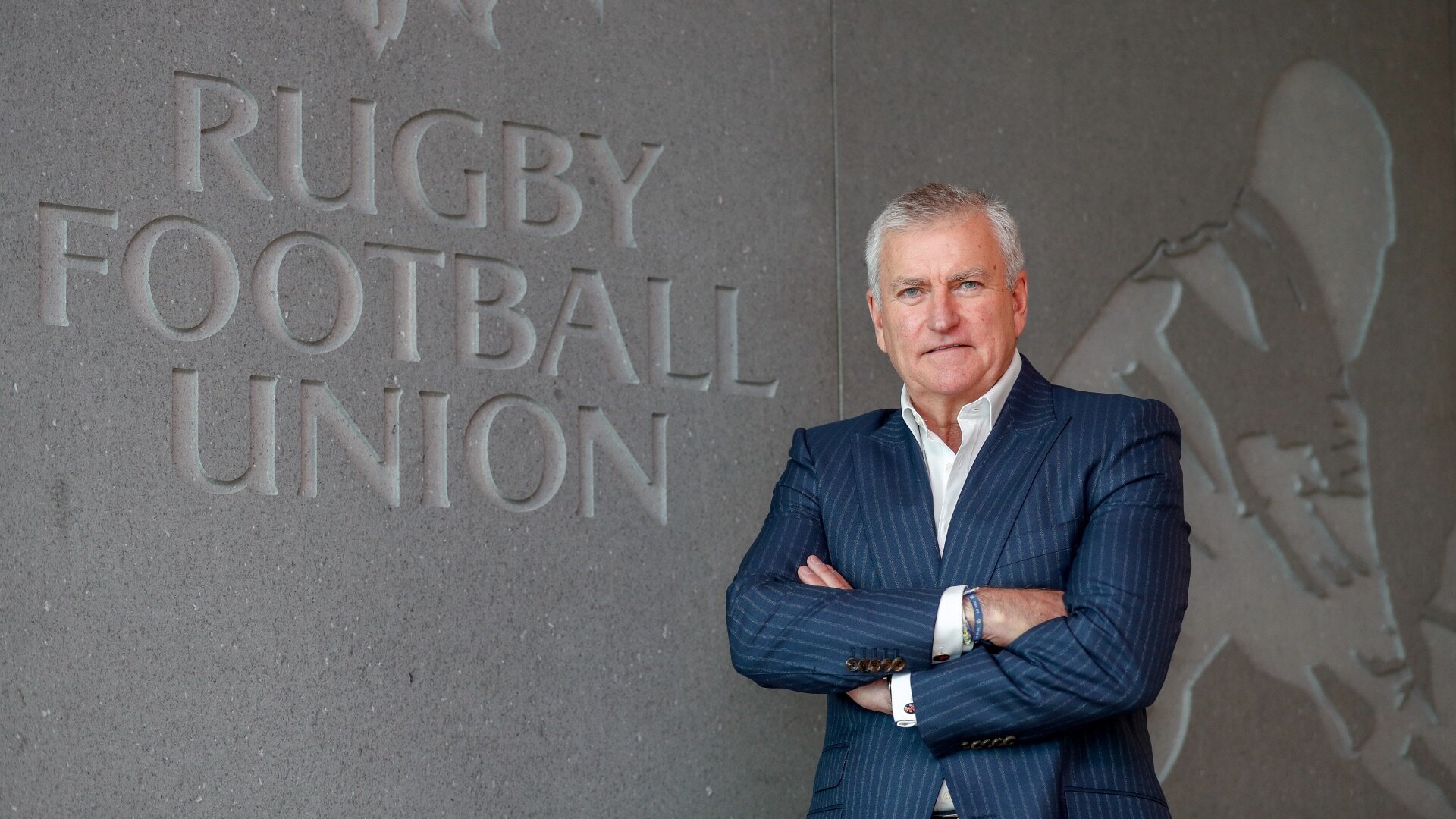'There's no financial crisis here... it's not in as bad a situation as I expected it to be'

Chief executive Bill Sweeney has insisted there isn’t a financial crisis affecting at the RFU. Former chief executive Steve Brown lost his job over hefty cuts that led to scores of job losses.
However, the former British Olympic Association (BOA) chief, who joined the RFU in February in a bid to reverse serious financial troubles suffered by the English game’s governing body, is adamant there isn’t a crisis that will damage the union’s long-term health.
“There’s no financial crisis here,” he insisted. “The similarities with the BOA are there, it’s a cyclical business. You’d expect to have a loss-making year in the year coming up. It’s not a financial crisis.
“The business model at the RFU is inherently very healthy, we generate a lot of cash, a lot of revenue and if you keep your costs in control there’s no reason why that should be a fragile business plan. So it’s inherently strong. Stabilising the financial situation is a key priority.
“It’s not in as bad a situation as perhaps I would have expected it to be quite frankly, having read a number of things coming in. The team here has done a really good job over the last 18 months already, taking quite a bit of cost out of the operation.”
Brown, who exited last November, had only been in the role for 15 months. The RFU posted losses of £30.9m for the last financial year, as well as having made numerous redundancies in a cost-cutting exercise.
By March it was feared that the England sevens programme could be disbanded as a cost-cutting measure as Twickenham began looking at ways to save £20million in the areas of the professional and community games and overheads across the next four years. Of that sum, cuts of at least £5 million need to be made for the 2019-20 financial year.
I’ve been compiling the @Champrugby Dream Team since 2003, all based on coaches votes. It’s a unique model for RU and one that has proved very popular and helps promote the League and its players. Sadly RFU cutbacks dictate that they are no longer in a position to pay a small fee
— Jon Newcombe (@RugbyTimes) March 11, 2019
An RFU spokeswoman said at the time: “We have been very clear for some time that we need to cut costs in 2019-2020 as our revenues have not risen in line with our original forecasts.
“We have kept the game informed – and this is also outlined in our annual report. We are currently consulting with the game on how best to adjust costs. There are a broad range of options under discussion across the professional game, the community game, and our general overheads.
“Any budget cuts in 2019/2020 come after years of record investment in the professional and community game.”
WATCH: How RugbyPass reported Bill Sweeney’s appointment by the RFU

































